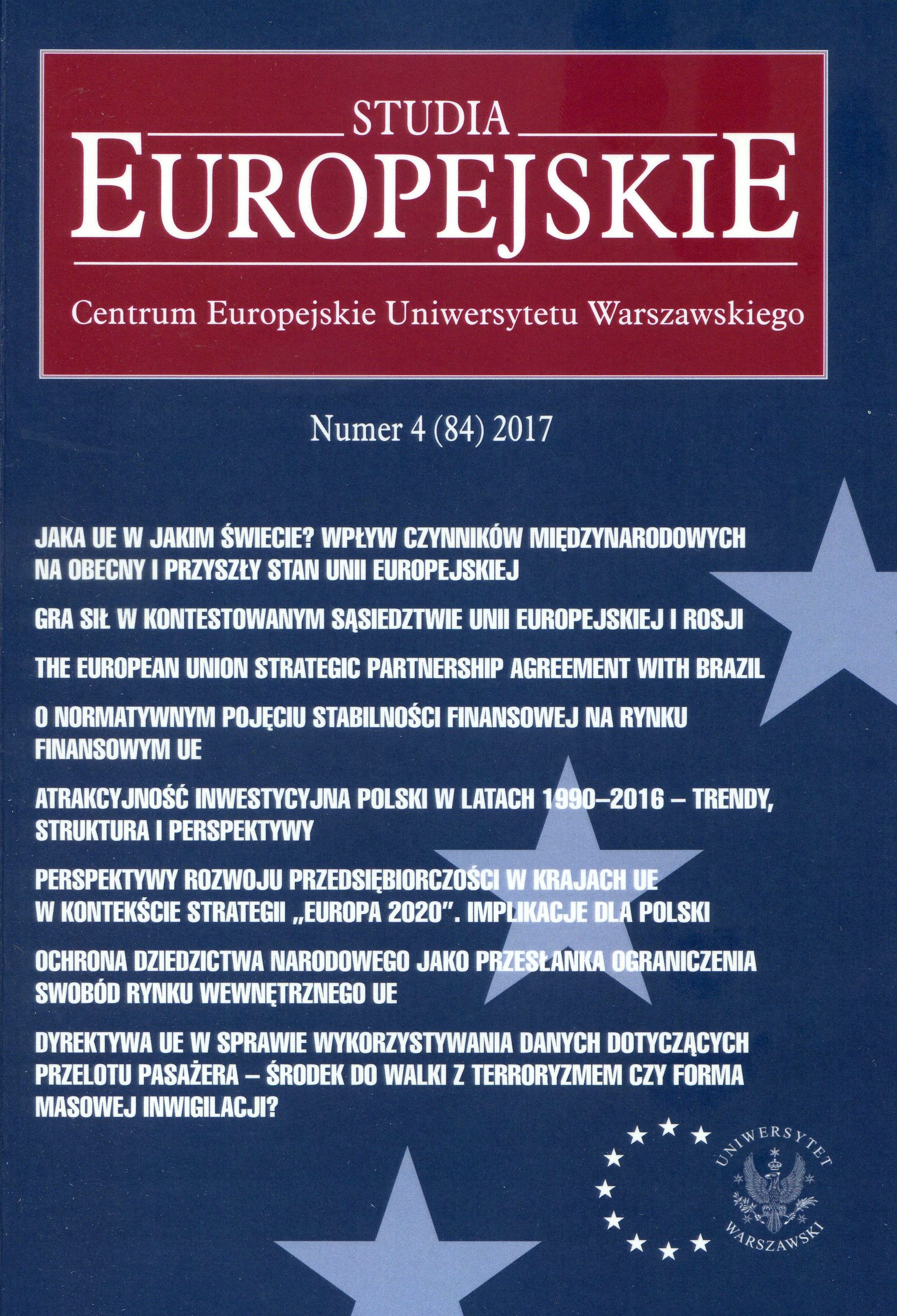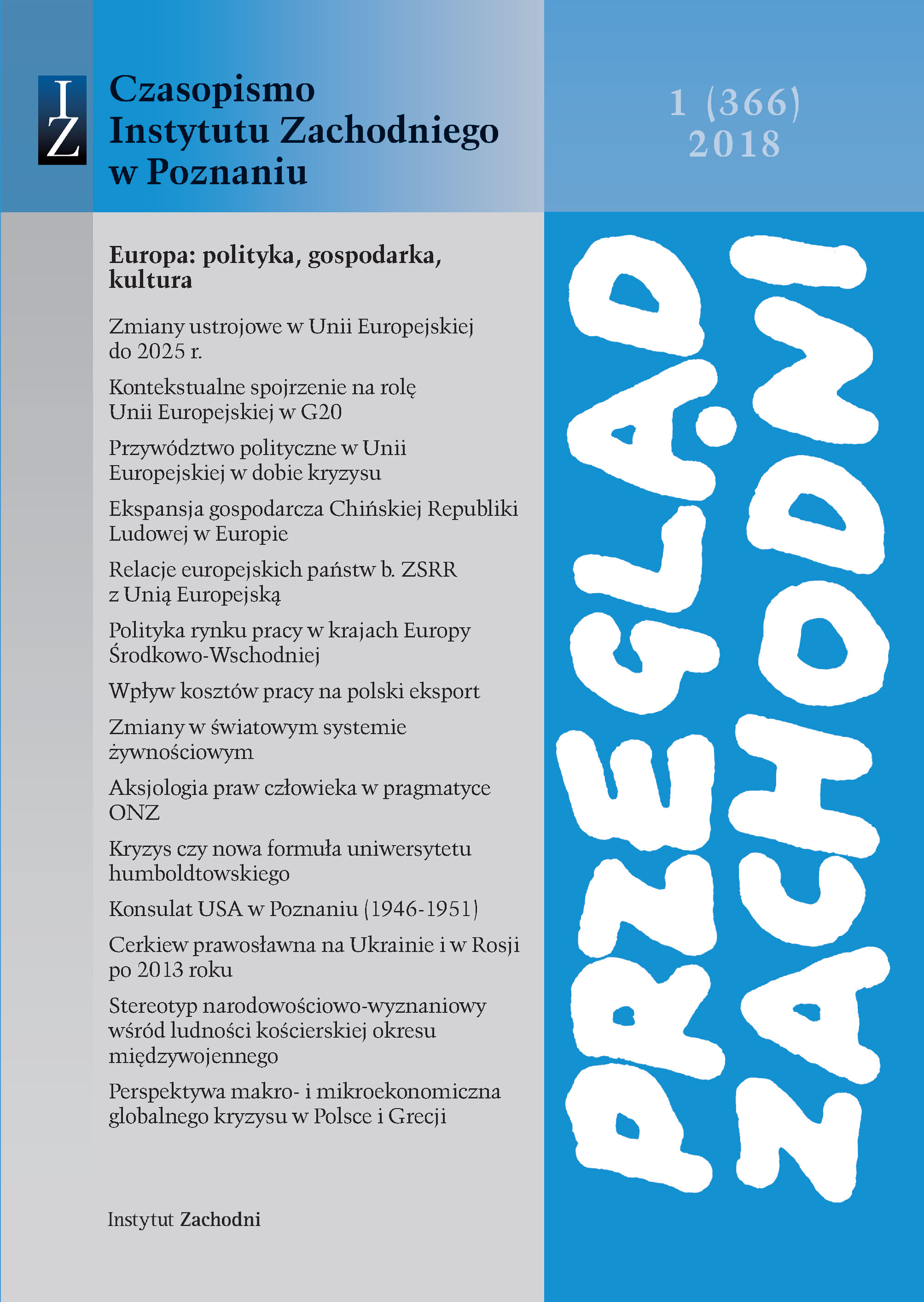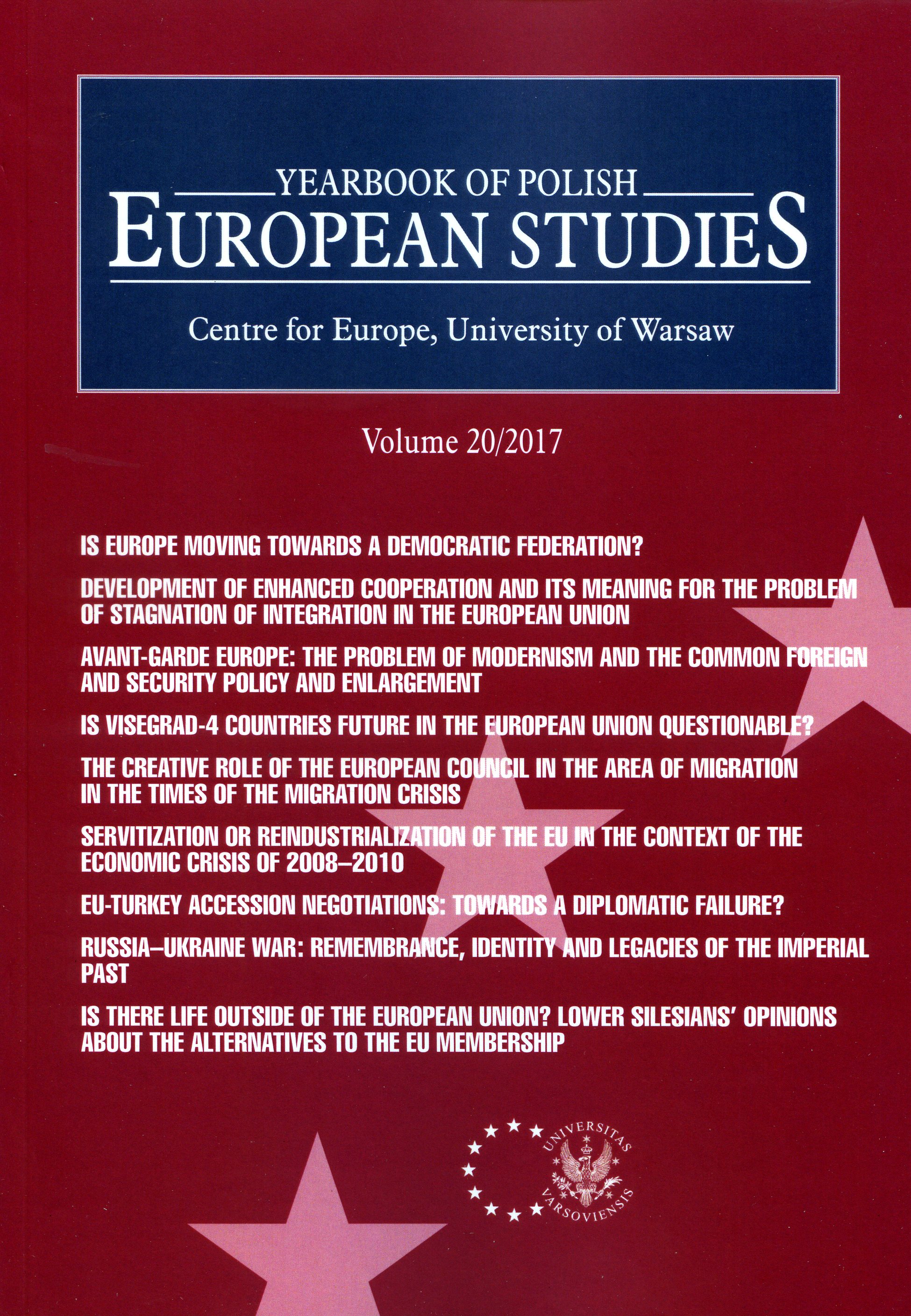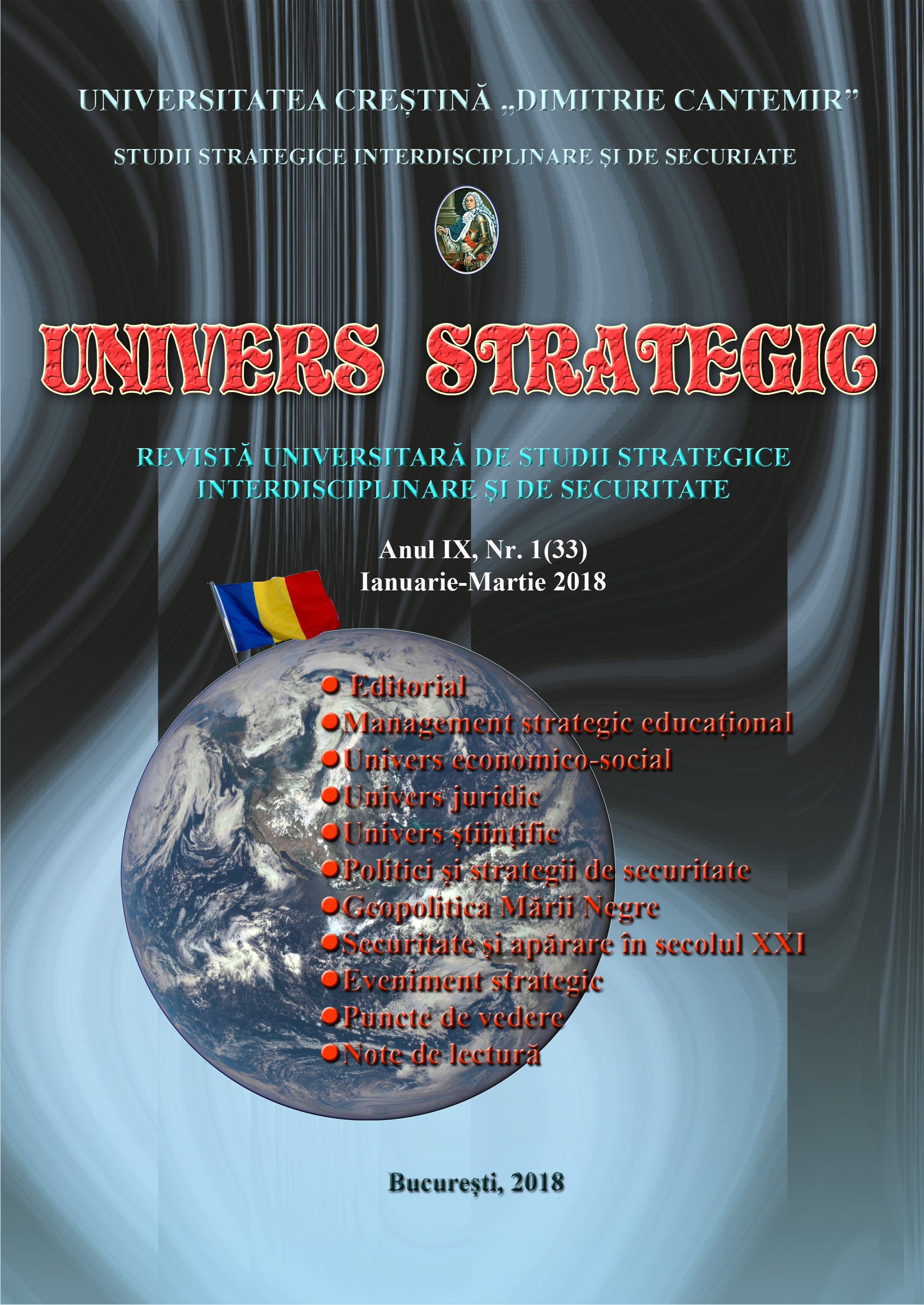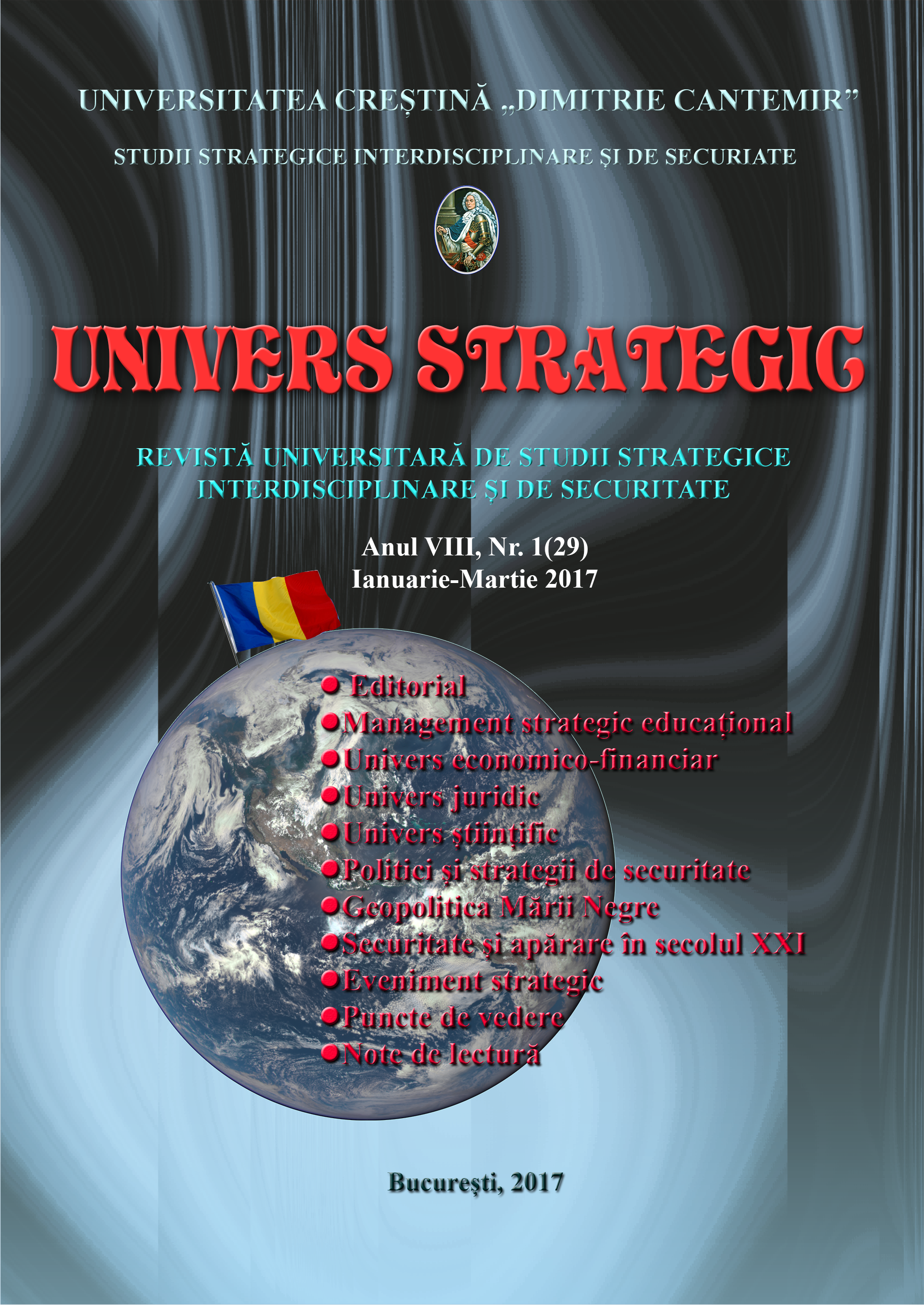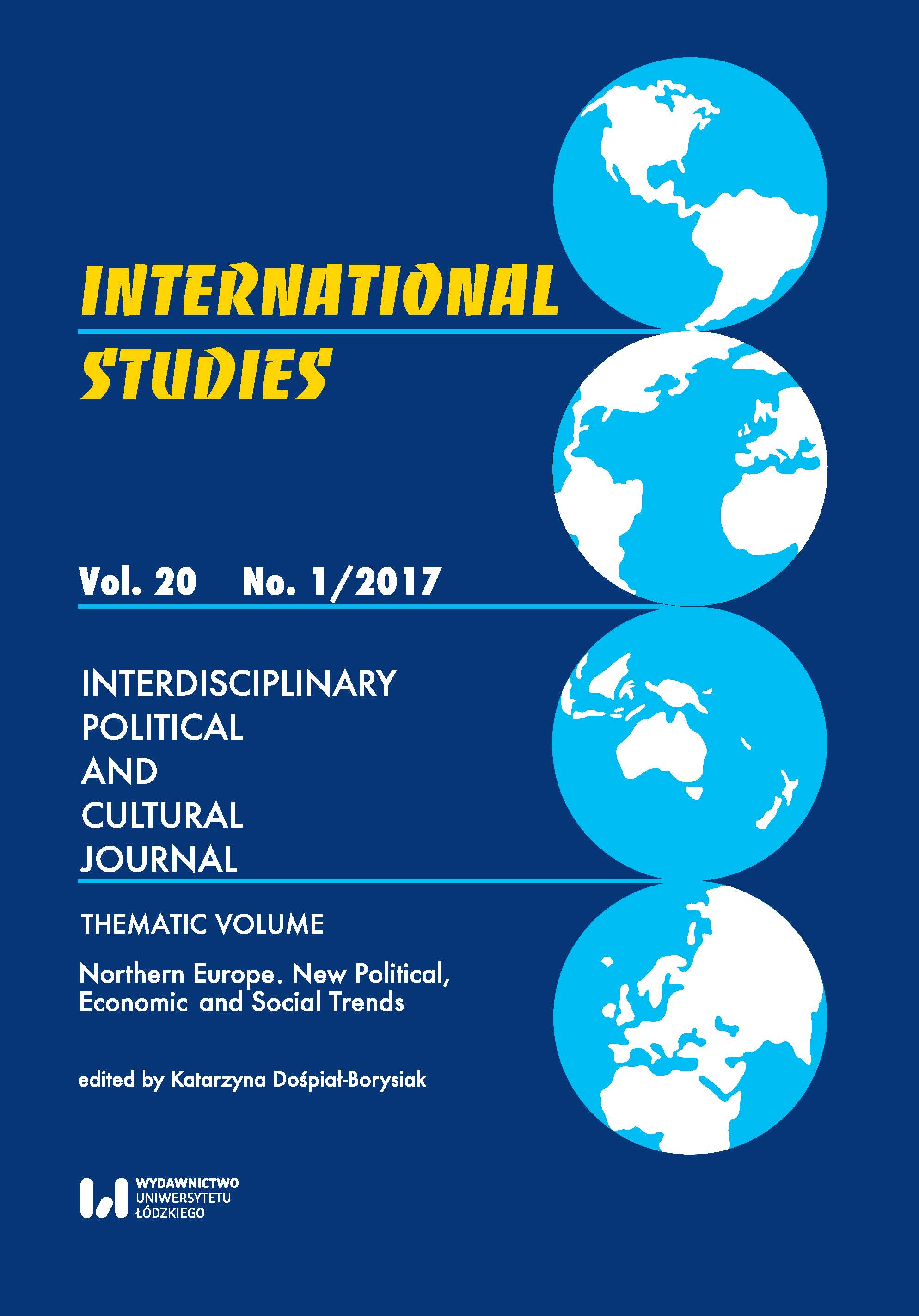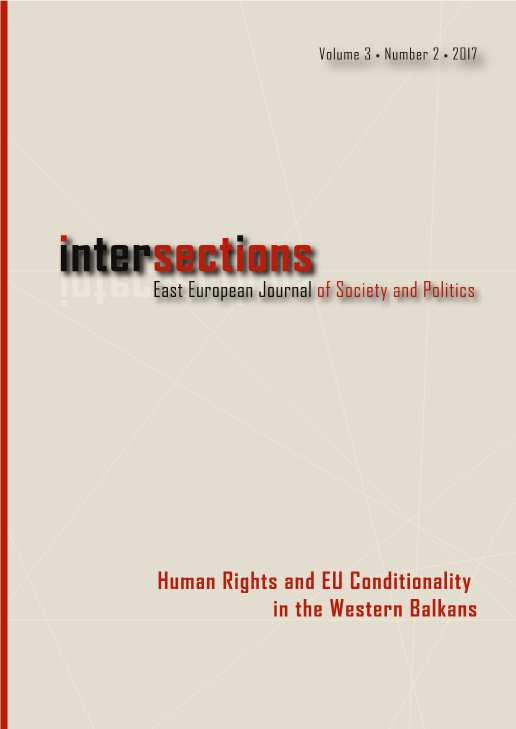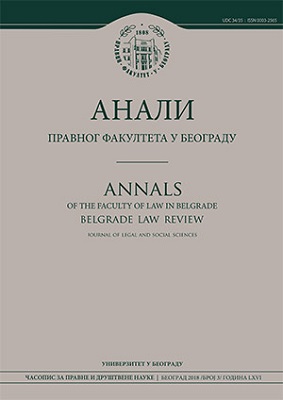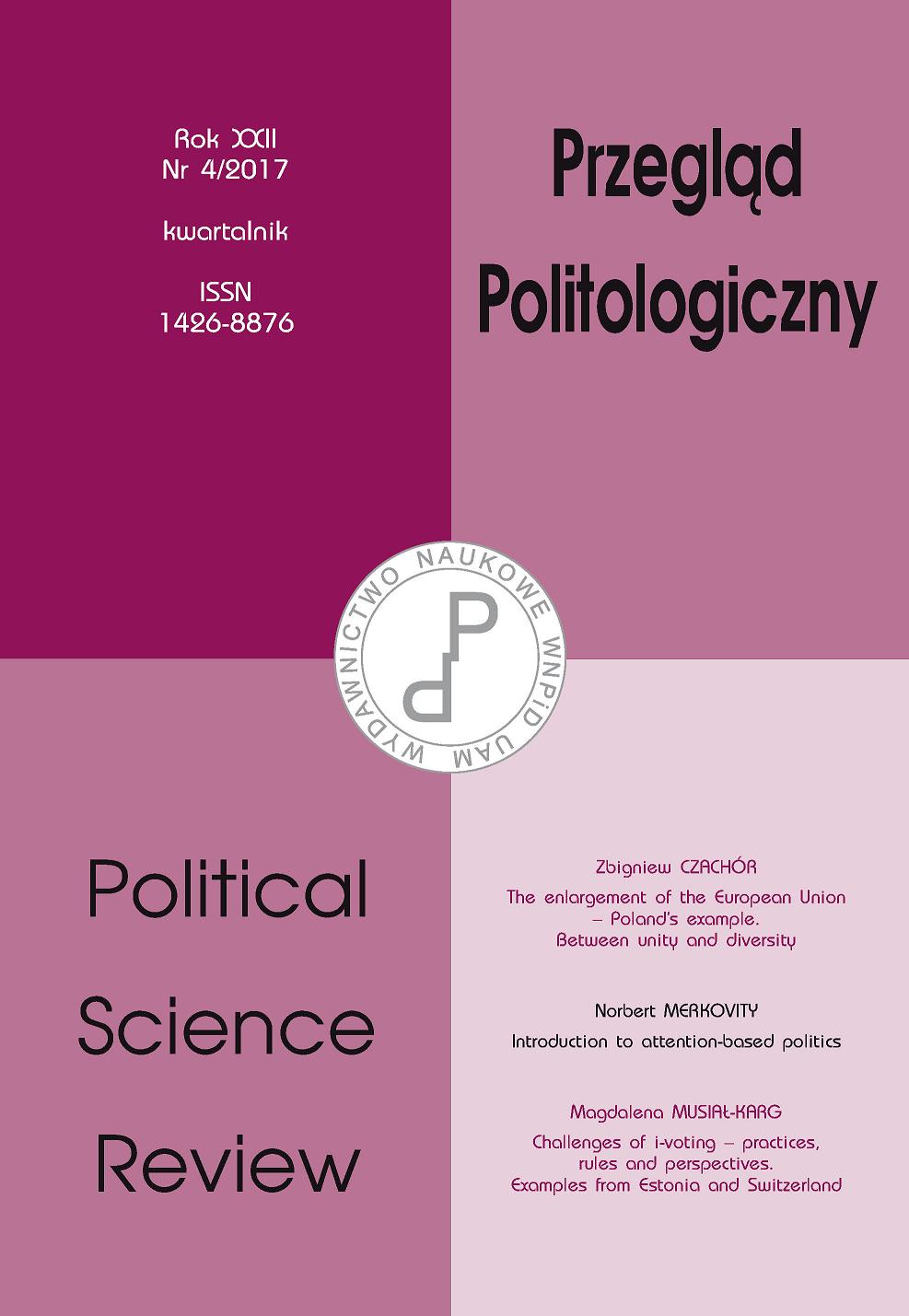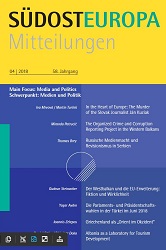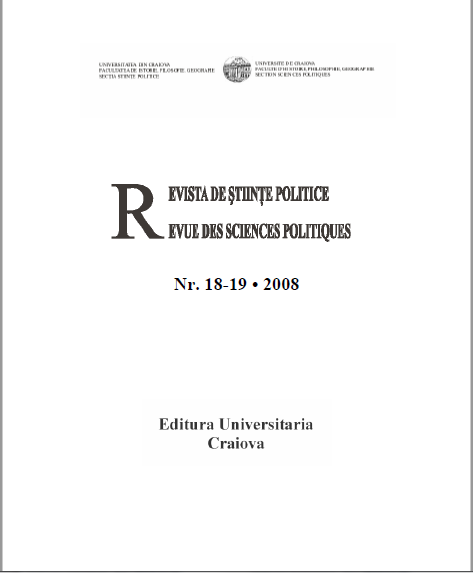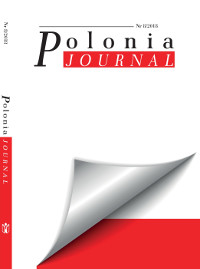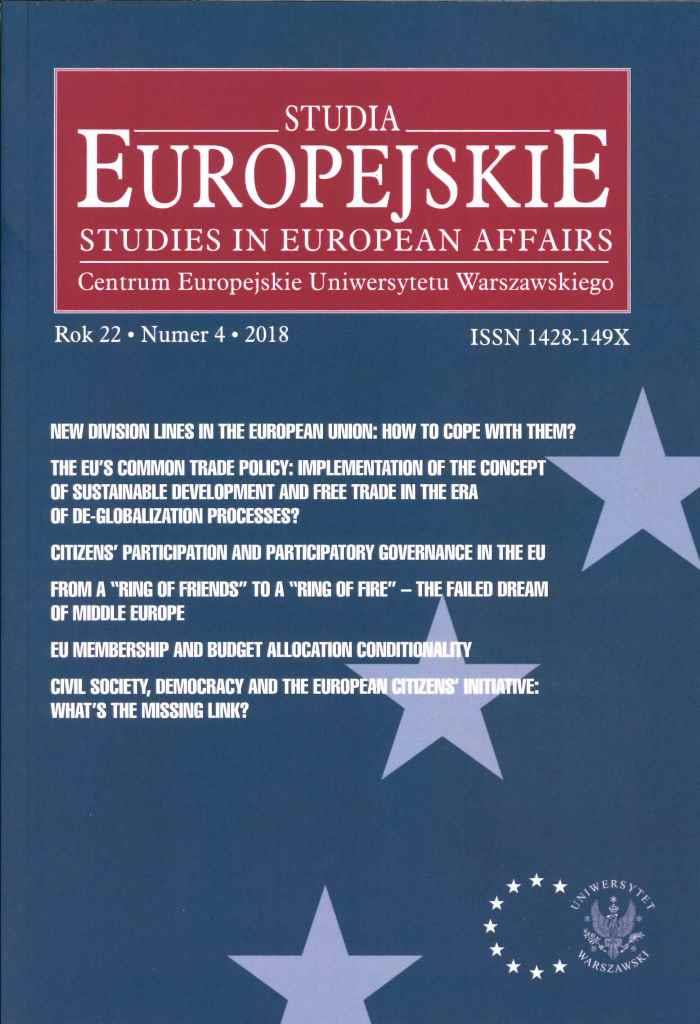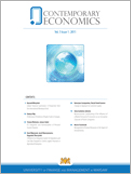Author(s): Vesna Knežević-Predić,Zoran Radivojević / Language(s): Serbian
Issue: 3/2018
The limits of EU competencies are determined by the principle of conferral, which is a fundamental principle of the law of international organizations. According to this principle, the Union has no general and unlimited competence, but disposes only of the powers entrusted to it by the Member States according to the founding treaty. Although it has never been disputed and challenged, this principle entered the founding treaties of the former European Communities and the current EU at a very slow pace and with considerable difficulty. In the initial stage of European integration, the treaty framers did not consider it necessary to incorporate the principles on the delimitation of competencies between the EC and the Member States, i.e. the principle of vertical division of power. As the basic principle for determining the limits of competencies of these organizations, the principle of conferral was for the first time explicitly mentioned in the Treaty establishing the EU. Thus, it became the basic principle of communitarian law, but not of the entire EU law. The constitutionalization of the principle of conferral ensued within the reform implemented by the Lisbon Treaty, when it has become a constitutional principle of the entire EU.
After reviewing the provisions explicitly referring to or elaborating on this principle, the authors focus on the concept of implied powers and the flexibility clause, which have been modelled in the post-Lisbon era. The former, taken from the jurisprudence of the Court of Justice, has enabled the EU to exercise competencies other than those it had been explicitly entrusted, which may stem from correlating the founding treaty to a legally relevant fact, such as the objective and effet utile of its provisions. The latter, however, implies a residual power that can be used in the absence of a specific legal basis when there is an agreement between the Member States and the EU institutions on the need for action in order to achieve one of the goals stipulated by the founding treaties. The authors’ discussion on the limits of EU competencies is followed up by exploring the types of powers, based on the classification adopted in the Lisbon Treaty. This typology, which relies on the previous practice of the EU, distinguishes exclusive and non-exclusive powers. The second category includes shared, complementary and coordinating powers.
More...
